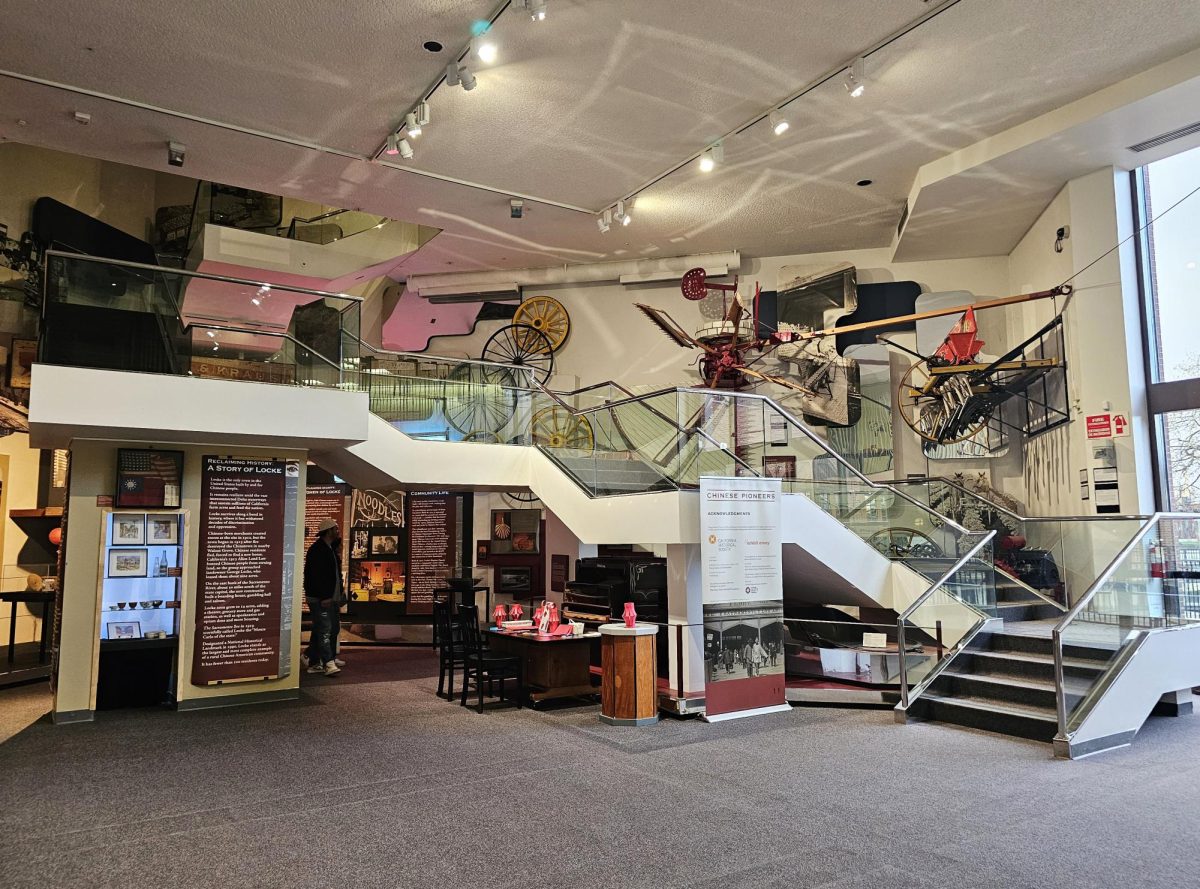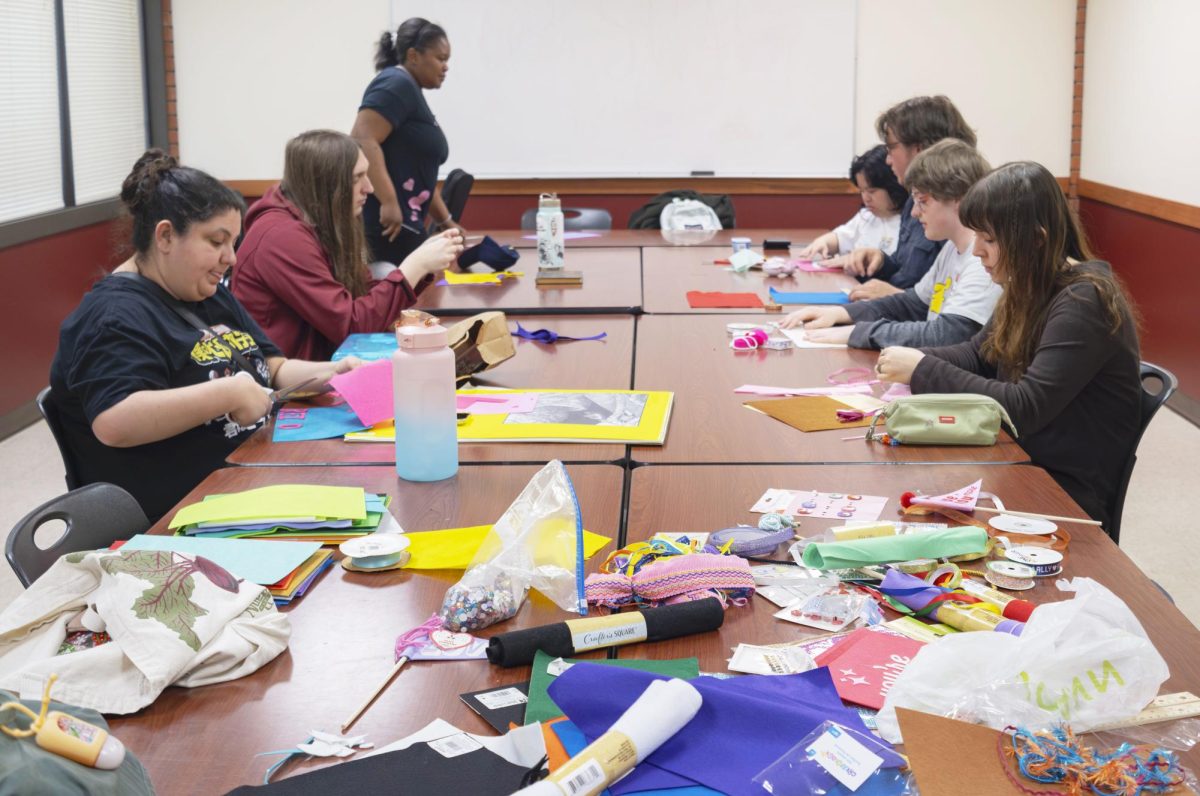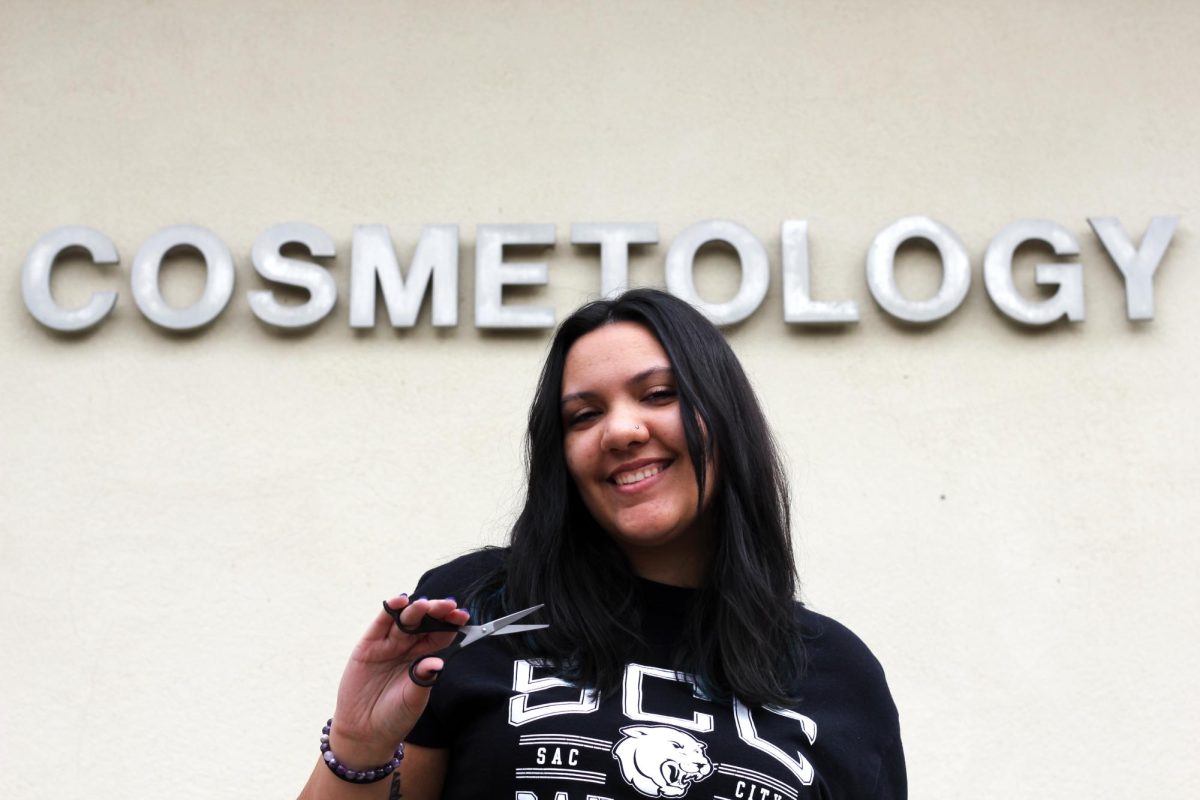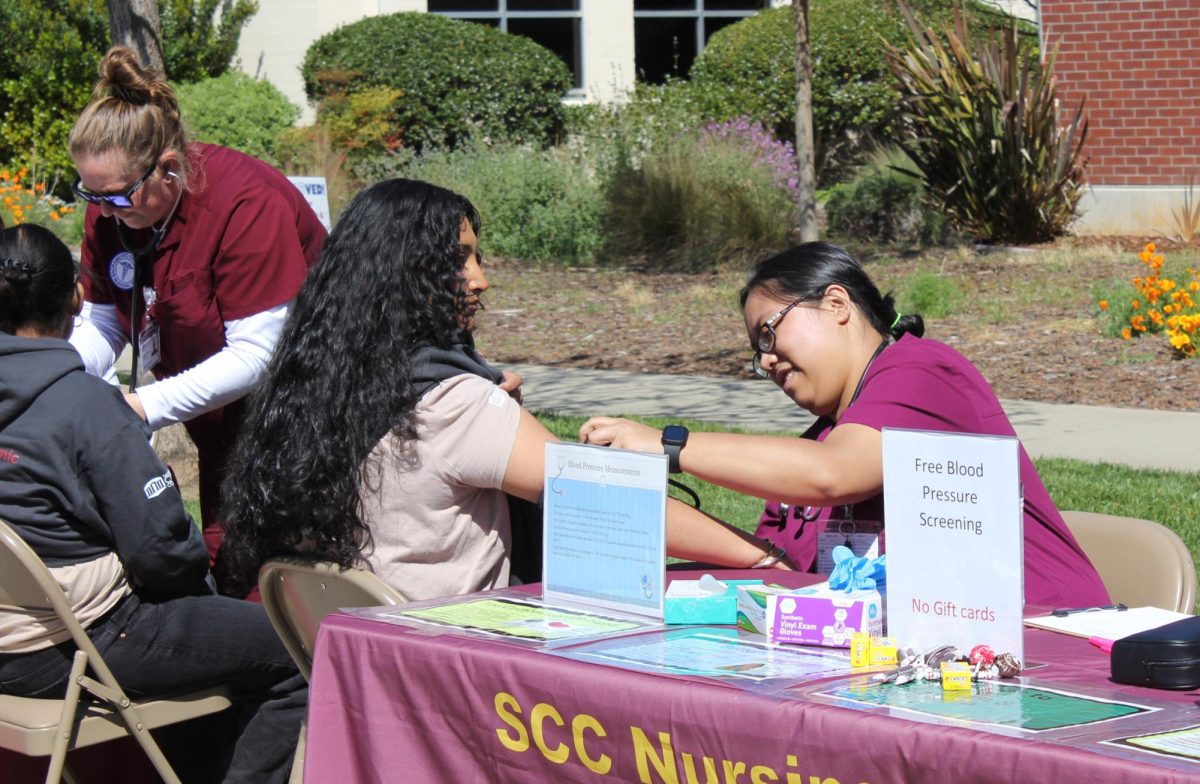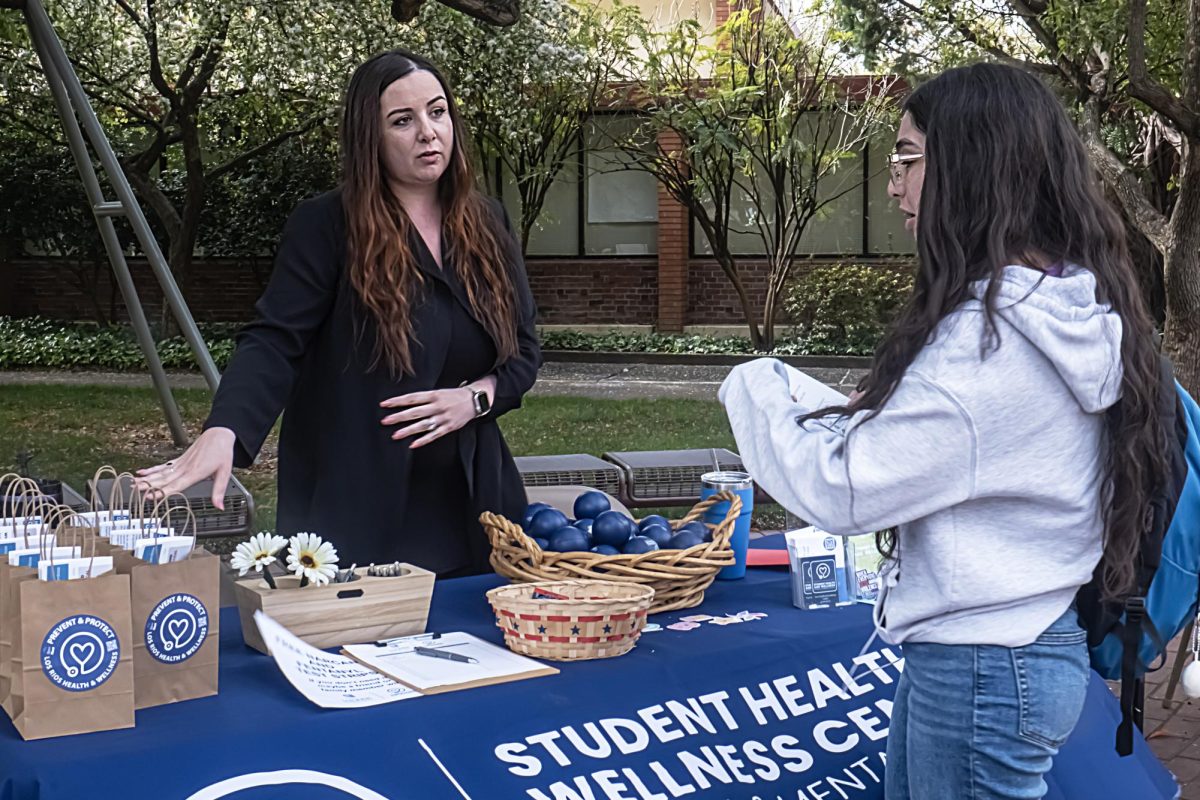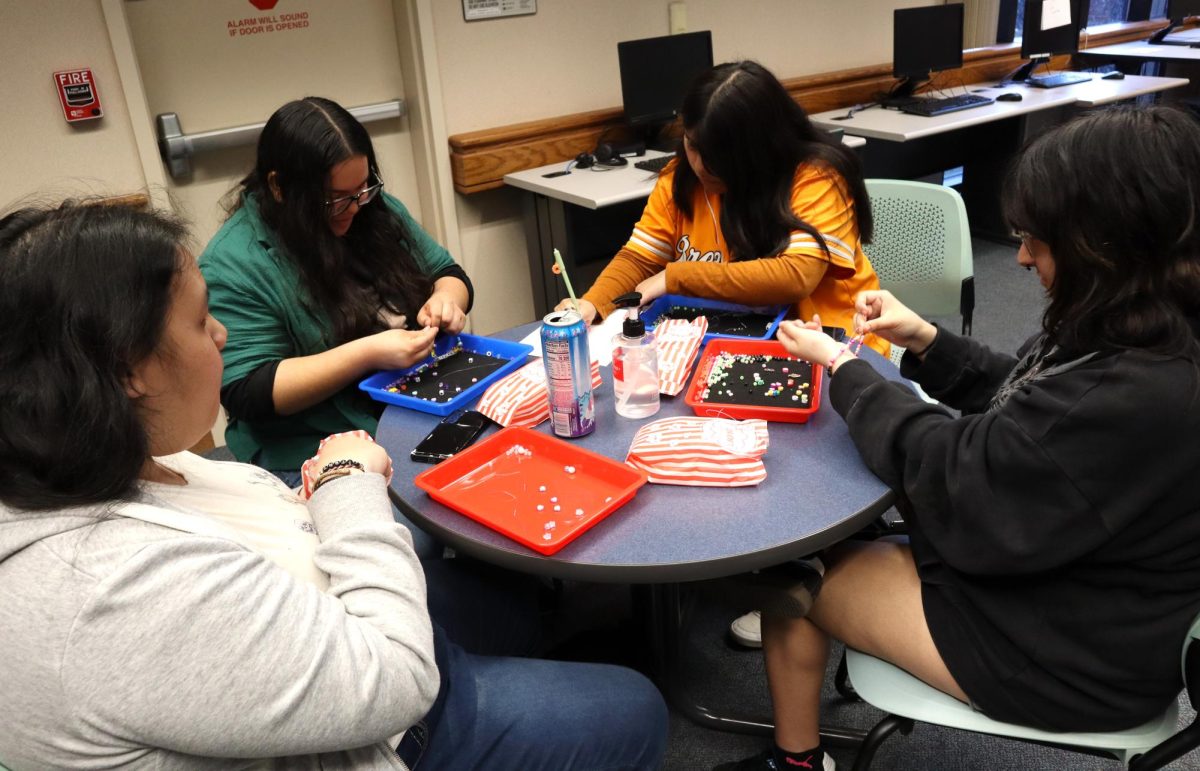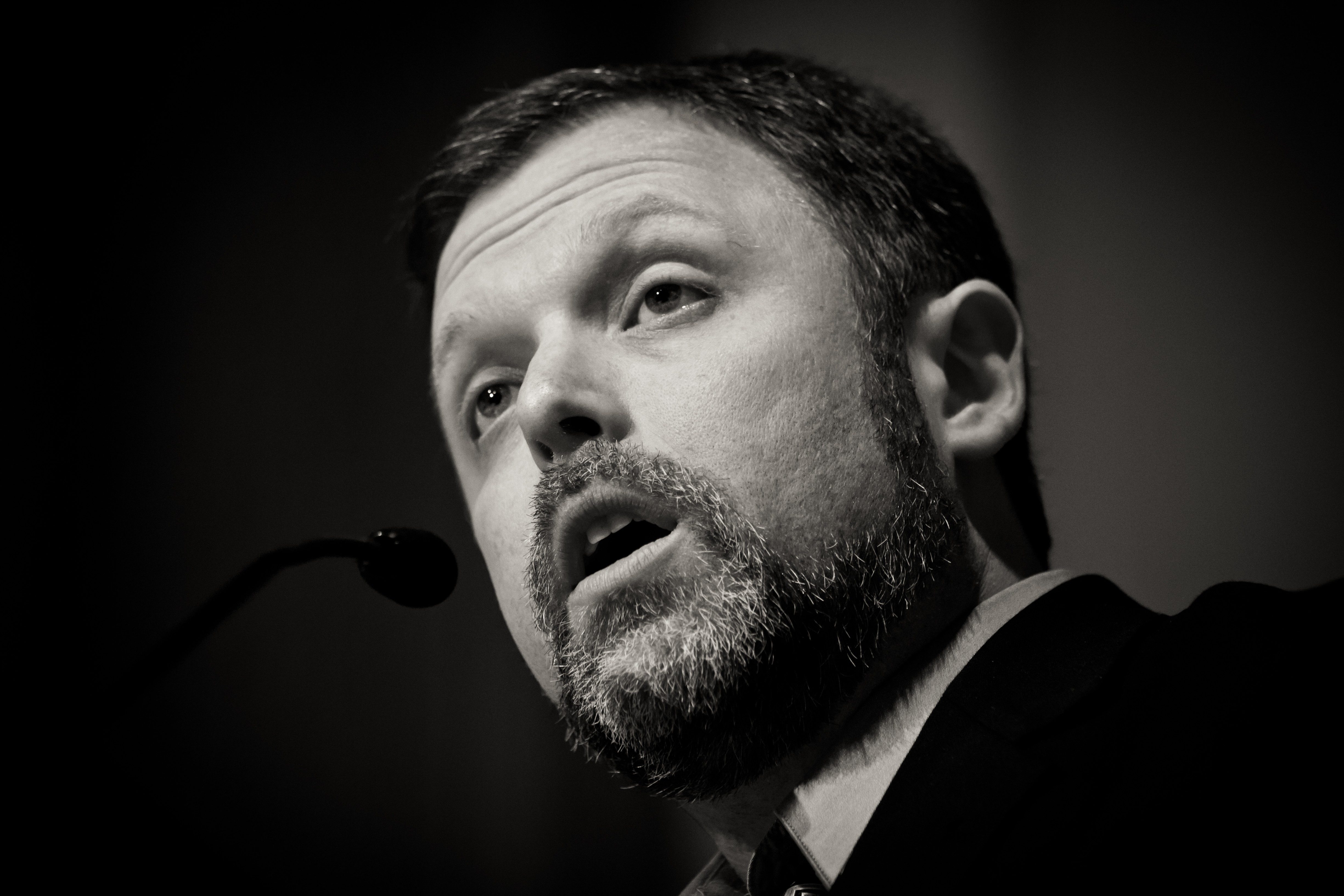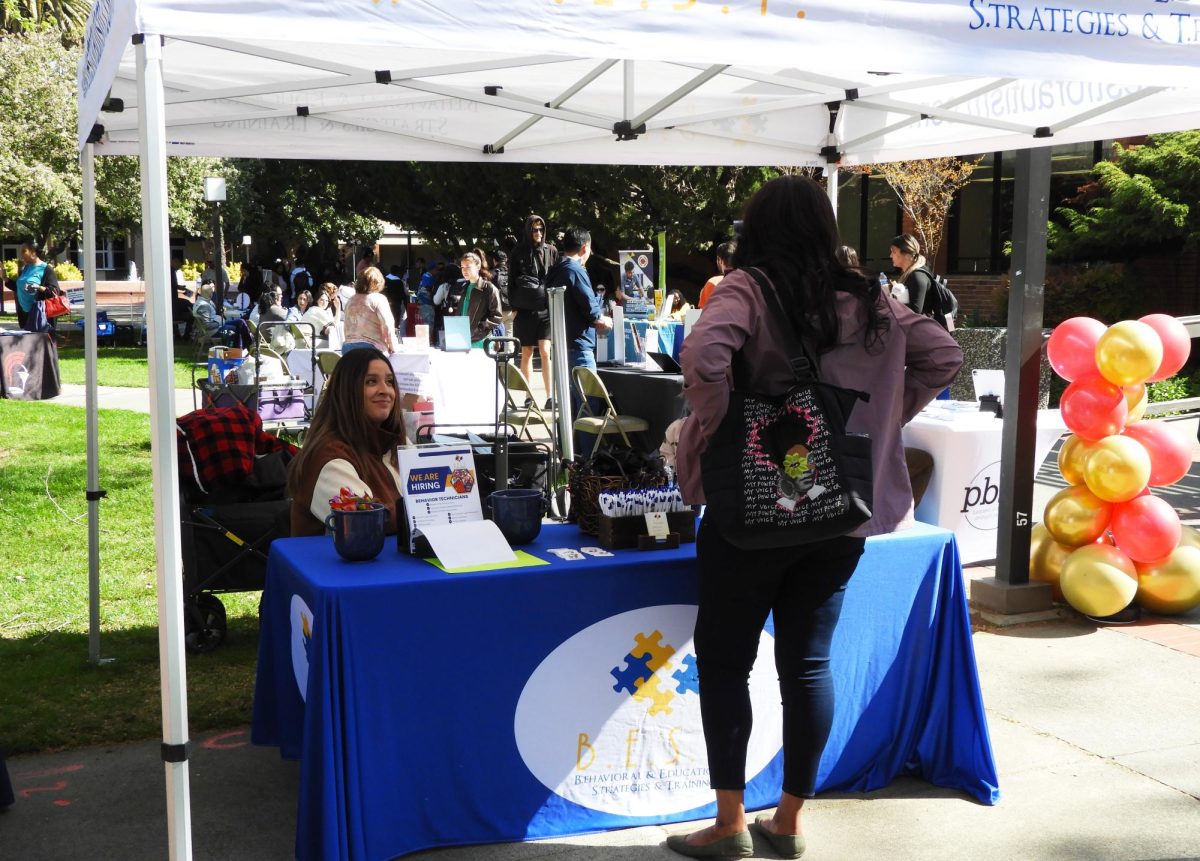Heather Roegiers
Staff Writer | kroegiers.express@gmail.com
Author and activist Tim Wise explained March 17 how the poor are blamed for their poverty through the myth that they haven’t worked hard enough to gain success, despite blatant inequalities in society.
In his talk at City College, Wise critiqued the cultural belief that there is a correlation between hard work and success. He called meritocracy a myth, imposed upon the public to disguise the mechanisms of inequality intrinsic in society.
“This concept of meritocracy, it doesn’t just hurt people of color,” Wise said. “It’s a dagger pointed at every single one of us.”
Wise emphasized that without intervention, people will defer to the “default myth” about inequality they witness and blame the poor for their poverty, rather than cultivate authentic justice.
“To be an educator, you need to be a revolutionary now,” Wise said. “We have an education system that produces inequality because we have an economic system that’s predicated and rooted in inequality. Woodrow Wilson said we need one group to prepare themselves for the receipt of a liberal education, and one group, much larger by necessity, to forego the privilege of a liberal education and to prepare themselves for the performance of certain difficult, manual tasks.”
Wise argued that unless white people recognize that a section of society is deliberately drained of opportunity and culturally excluded from the education system, they won’t address the same causes at the root of their own depreciating quality of life.
Quoting activist James Baldwin, Wise argued those who write their own history to favor themselves become incapable of learning from it. Wise said that even on a personal level, people cannot be released from their history if they deny how it still affects them. Wise explained socio-economic and political problems, like an injury that requires surgery, for which politicians like Trump promise to treat with pain-killers.
“You know what one of the most highly correlated factors with Trump supporters was? The percentage of people in that community who are addicted to opiates,” Wise said. “When a politician comes along and says, ‘I can take away your pain,’ that person is a walking, talking, breathing, human version of an opiate.
“That’s what we’re seeing today,” Wise said. “We’re seeing white folks that are in real trouble, but they’re misdiagnosing their pain, or letting it be misdiagnosed, and maintaining faith in a system that wasn’t set up for most of them either.”
Wise has written a new book titled “Under the Affluence: Shaming the Poor, Praising the Rich and Sacrificing the Future of America”. Wise signed copies of his book after his speech, and then led a workshop for faculty and staff, who consulted him on ways to assist disproportionately impacted students.
“Teach with an eye toward what the least powerful people need, and everyone will benefit,” Wise said.
Wise claimed, for example, that positive feedback by the teacher is statistically much more vital for black students than white students because of the comparative deficit in encouragement black students receive from society. Wise said strategies like increasing positive feedback are ideal. Such strategies don’t force teachers to teach differently to disproportionately impacted students, but incorporate changes that, at worst, wouldn’t be as beneficial to white students as their under-privileged peers.
“That is students of color, that is former foster youth, particularly African American and Latino students,” said Mark Dennis, professional development coordinator for the Office of Student Equity, whose office invited the author through a state grant to address the achievement gap between specific populations of students and the rest of the student body. “Those are the students that are having the hardest time achieving here.”
Dennis said he hoped the talk catalyzes an ongoing effort to develop allies and make the City College curriculum more responsive to the diversity of cultures that make up the student body.








